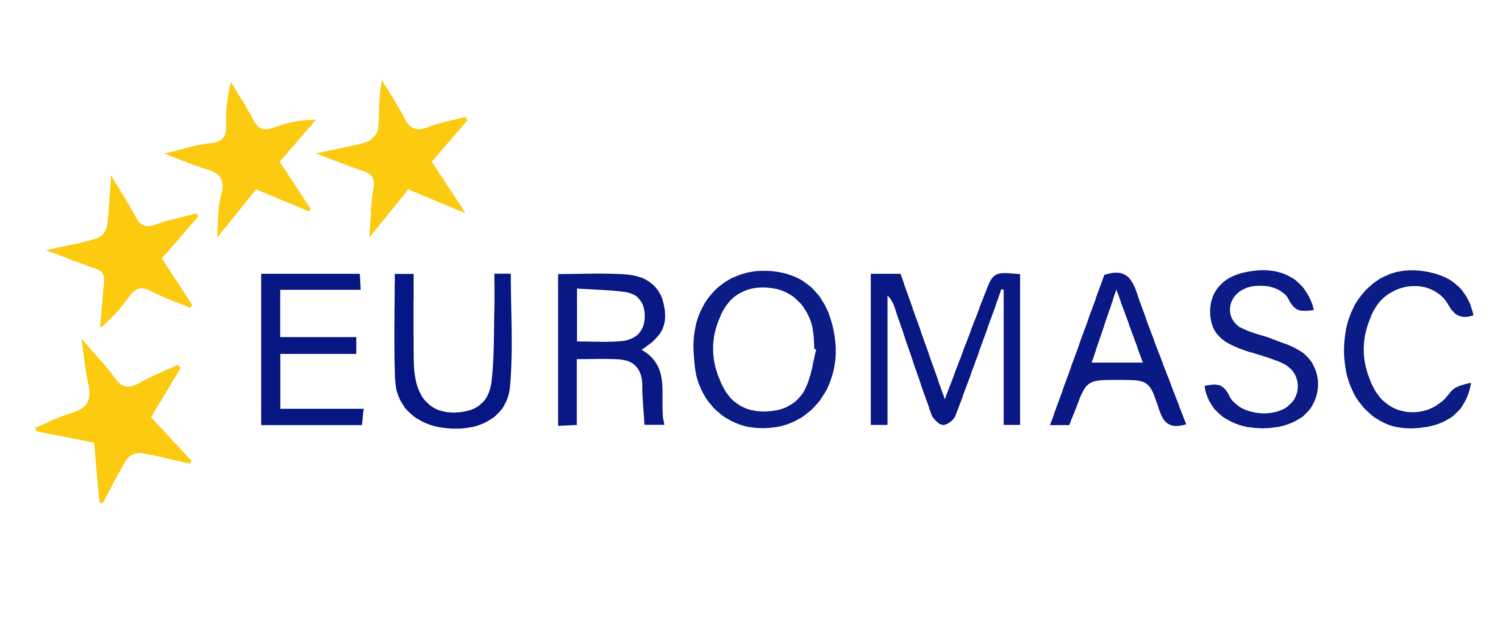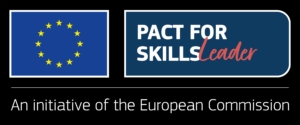Video documentation of learners’ performance of critical tasks and demonstration of tacit knowledge in laboratory and process operations in chemistry and pharmacy linked to ECVET based learning outcome definitions in Skillsbank
(https://skillstools.eu/chemtube )
NTI-MMM: Multilateral Monitoring and Management (www.ntim.eu): 2018-1-NO01-KA202-038885 – NTIMMM
Erasmus+ KA2 Strategic Partnership (2018-2021) NO, AT, CZ, DE, FR, IT, SK
The situation in the chemical and pharmaceutical industries with stiff international competition requires a highly skilled workforce to secure quality and productivity. The sector represents a major part of the European process industry and where the industrial production employs 3,3 million Europeans in 94.000 enterprises with a multibillion turnover (2014: 1 078 billion €). This turnover is continually challenged by investments in the development of new products, the fact that patents are time limited, down to 10 years, with immediate releases of “copy products” from other parts of the world, intensifies the need for qualified staff rapidly taking on new tasks and challenges.
Laboratory functions and process operation are responding to new requirements as concerns complexity and a safe and sustainable production. This is partly due to new methods and technologies, new types of equipment and respective operational procedures, but over the last years also the emphasis on safety and security in the processes and strict environmental and sustainability criteria.
To be competitive in a fast developing market, the training quality, the relevance and flexibility of training provision between schools and work based learning is of utmost importance. Laboratory personnel and process operators with their skills and competences– tacit and tangible –represent a core part of the industry’s intellectual capital.
This implies also that critical skills and crucial tacit knowledge acquired in workplace settings are central in the project. Video recordings of these performance based competences will be directly linked to the respective learning outcomes in the ECVET based multilingual qualification matrixes in Skillsbank.
To meet the requirements linked to the shared responsibility between schools and companies in the securing of compatible standards between the training providers and in the work based learning, the ECVET principles are basis. Using learning outcomes carefully defined and organised in logical units, the core qualification criteria will be operationally defined. For transparency purposes these qualification definitions will be developed transnationally and in multilingual versions. They will be supported by video clips as best practice examples as well as for the documentation of individual learners’ performance towards certification and employability.
A standard ECVET implementation is relying on precise definitions of learning outcomes organised in structured units. When the differentiation between Competence / Responsibility and Autonomy), Skills and Knowledge is activated in the description of individual LOs, certain elements of skills and competence documentation may be lacking. These characteristics are technically labelled as tacit knowledge – “silent knowledge” which forms the parts of a learning outcome which can only be seen, experienced and documented through practical performance.
In the context of the priorities of the Erasmus+ programme, the horizontal one “Transparency and recognition of skills and qualifications”, is directly mirroring the project ambitions. With the focus on work based learning the idea is to update and develop in-school training through close interaction with the industry itself. This should secure the relevance aspect, and with the video recording of individual learners’ performance as well as best practice examples the quality aspect are covered as well. This is clearly asked for in the European VET priorities “Developing VET business partnerships aimed at promoting work-based learning in all its forms” and “increasing the quality of VET provision, the establishment of feedback loops to adapt VET provision based on outcomes, including by setting up or testing graduate tracking arrangements as part of quality assurance systems in line with the EQAVET recommendation”.
This project pursue the following key objectives:
• Improvement of training quality and relevance implementing video technology linked to ECVET oriented learning outcomes in the chemical and pharmaceutical sector;
• Enhancing the ECVET defined learning outcomes with inclusion of tacit knowledge as documentation of performance of critical skills among process operators and laboratory technicians uploaded in the Skillsbank system;
• Develop VET institutions and enhancement of VET-industry cooperation through work based learning;
• Promoting recognition of work based learning, including prior learning independent of arena of experience, for permeability, flexible training pathways and alternative career options within the industry.
The partnership comprises 10 partners from 7 countries (AT, CZ, DE, FR, IT, NO, SK)
The relevant actors in the world of VET, world of work and VET policy makers will be informed about the project and its outcomes through participation in its activities and accompanying information campaign and dissemination activities and this will draw their attention to the needs of improvements and possible reforms in the VET systems and the documentation and assessment procedures.
As concerns the broader realisation of the project ideas, the extent to which video recordings of critical skills and tacit knowledge are implemented in planned occupational profiles, may be another criterion.
This must be applied partly at training provider level and partly at enterprise level, but resides outside this project’s direct ambitions. In a more general perspective an additional criterion will be linked to the use of RPL procedures as an element targeting permeability and flexible training pathways, also taking into account the value of documented tacit knowledge and work based learning.
When taking into account possible side effects from the international networks and dissemination activities, experience from earlier projects (eg. Skillsbank) is telling that conference participation and other targeted activities can create very interesting “snow-ball effects” in new projects, in VET organisations involved and also at EU Commission level.

This project has been funded with support from the European Commission. This publication reflects the views only of the author, and the Commission cannot be held responsible for any use which may be made of the information contained therein.

